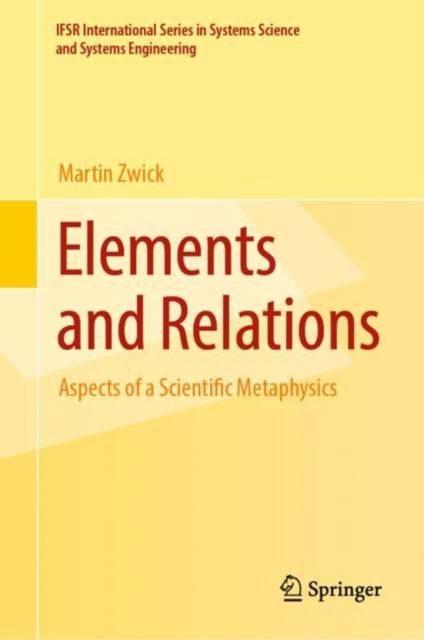
- Retrait gratuit dans votre magasin Club
- 7.000.000 titres dans notre catalogue
- Payer en toute sécurité
- Toujours un magasin près de chez vous
- Retrait gratuit dans votre magasin Club
- 7.000.0000 titres dans notre catalogue
- Payer en toute sécurité
- Toujours un magasin près de chez vous
Description
This book develops the core proposition that systems theory is an attempt to construct an "exact and scientific metaphysics," a system of general ideas central to science that can be expressed mathematically. Collectively, these ideas would constitute a nonreductionist "theory of everything" unlike what is being sought in physics. Inherently transdisciplinary, systems theory offers ideas and methods that are relevant to all of the sciences and also to professional fields such as systems engineering, public policy, business, and social work. To demonstrate the generality and importance of the systems project, the book structures its content in three parts: Essay, Notes, and Commentary. The Essay section is a short distillation of systems ideas that illuminate the problems that many types of systems face. Commentary explains systems thinking, its value, and its relation to mainstream scientific knowledge. It shows how systems ideas revise our understanding of science and how they impact our views on religion, politics, and history. Finally, Notes contains all the mathematics in the book, as well as scientific, philosophical, and poetic content that is accessible to readers without a strong mathematical background.
Elements and Relations is intended for researchers and students in the systems (complexity) field as well as related fields of social science modeling, systems biology and ecology, and cognitive science. It can be used as a textbook in systems courses at the undergraduate or graduate level and for STEM education. As much of the book does not require a background in mathematics, it is also suitable for general readers in the natural and social sciences as well as in the humanities, especially philosophy.
Spécifications
Parties prenantes
- Auteur(s) :
- Editeur:
Contenu
- Nombre de pages :
- 702
- Langue:
- Anglais
- Collection :
- Tome:
- n° 35
Caractéristiques
- EAN:
- 9783030994020
- Date de parution :
- 04-07-23
- Format:
- Livre relié
- Format numérique:
- Genaaid
- Dimensions :
- 156 mm x 234 mm
- Poids :
- 1179 g

Les avis
Nous publions uniquement les avis qui respectent les conditions requises. Consultez nos conditions pour les avis.






